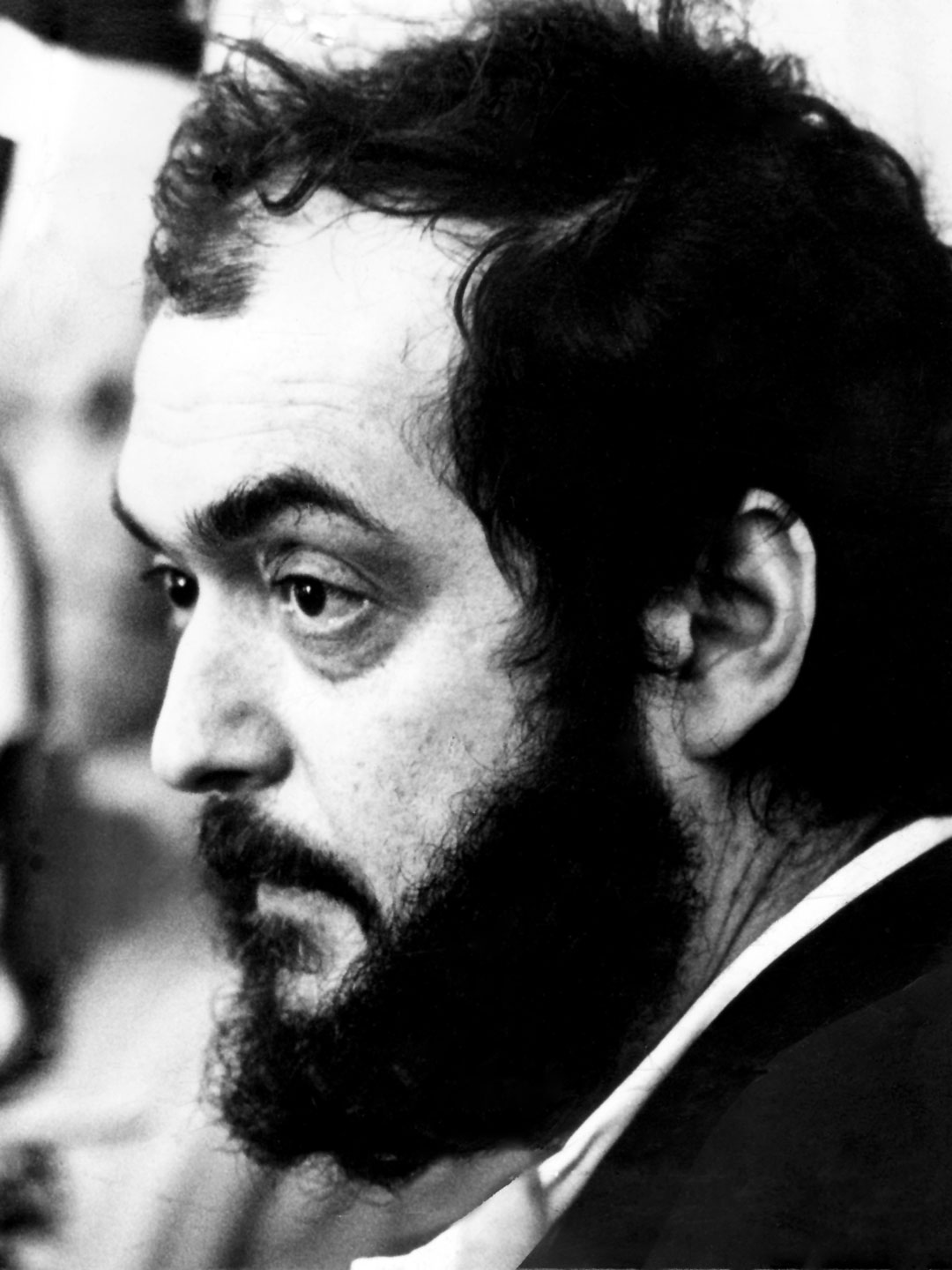
Monday, May 21, 2018
STANLEY KUBRICK SUCKED THE AIR OUT OF EVERY ROOM HE WALKED INTO

Monday, January 24, 2011
Eyes Glued Shut
 |
| This caption is dedicated to my friends Barry and Janet. |
Monday, December 14, 2009
Artificial, yes. Intelligent, no.
Salon has started a rather fine film section in it's redesign, and it was a surprise to see Chicago Reader movie critic Jonathan Rosenbaum highlighted in a brief piece defending Steven Spielberg's maligned sci-fi meditation on the human soul, A.I.Artificial Intelligence. His defense of the feature , brave as it is, has the benefit of being a pithy:
Reading it simply as a Spielberg film, as most detractors do, or even trying to read it simply as a Kubrick film, is a pretty futile exercise with limited rewards, even though the fingerprints of both directors are all over it. Seeing it as a perpetually unresolved dialectic between Kubrick and Spielberg starts to yield a complicated kind of sense -- an ambiguity where the bleakest pessimism and the most ecstatic kind of feel-good enchantment swiftly alternate and even occasionally blend, not to mention a far more enriching experience, however troubling and unresolved. As a profound meditation on the difference between what's human and what isn't, it also constitutes one of the best allegories about cinema that I know.
I am glad someone thought this was a good movie. I had the good fortune to take a couple film courses with Jonathan Rosenbaum in the seventies when he was a visiting film lecturer in UC San Diego's Visual Arts Department. The topic of one class, Paranoia in Films, was an especially engaging, if diffusely defined course, and it was of particular interest that the required text for the course was Gravity's Rainbow by Thomas Pynchon, from which Mr. Rosenbaum would bestow cryptic quotes from the book like "God is the original conspiracy theory" while showing acutely observed studies in monomania such as Nick Ray's Bigger than Life. That film in particular was apt for a course in paranoia on film, as it dealt with a meek school teacher's growing dependence of a mood altering medicine (cortisone) that converted into an arrogant, edgy, lunatic who needed eventually to be placed in a straight jacket. The print Rosenbaum received for the class wasn't the theatrical print he expected, but rather the cropped version, intended for television screens, where much of the image was cut away and the focus was on the talking heads. Viewing a tightly contained James Mason screaming larger than life on a large auditorium screen made you feel like you were watching someone trying to escape from a shrinking glass box. Paranoid indeed.
It's with this back story that I understand his appreciation of A.I.:Artificial Intelligence, but where he sees a brave vision from Steven Spielberg in the way he attempts to sort through the ways technology threatens to blur and eventually erase the distinctions between human and android programming--the eventual point was that both these creations are subject to a hard wiring that needs to bond with others as a defense against the lurking solitude--but it remains for me a vague, grandstanding mess. The buzz was that this was intended as the last film Stanley Kubrick was to make but never got to, and that Spielberg had gained access to the notes and developed his own ideas about how to flesh out, so to speak, the bare premise. Kubrick , is not the best person to pick if you're in the market for a useful idea for a film; more than a few of us have felt that the late director's reputation was inflated beyond sane justification, a man who could indeed shoot an engrossing sequence but was ill at ease to explain what thinking lay behind his imagery. It was a matter of monumental style in Kubrick's films, and he's lucky enough to make a hand ful of movies that haven't had their reputations collapse after their initial release and the wave of awestruck reviews.
His final movie, Eyes Wide Shut, was as pompous and preposterous a botched project as anything Ed Wood had made; you suspect that he had actually died before he had a chance to repair the raw feed in post production. Even the director's skill for making capable actors appear like sleepwalkers wasn't enough to calm the antsy Tom Cruise; he remains within his emotional range as an over-eyed wind-up toy. AI,in kind, was a half a bad idea from Kubrick's mind, was was reason enough for Spielberg to pour on the effects, flash the lights, go crazy with the colors, with abrupt and unconsidered cuts between broad humor, family hour sweetness and uncorked violence and villainy. The last set of clauses sound like a Coen Brothers movie, sure, but the Coens have a tone that runs through through their vexing genre variations and character studies; there are links, there are connections, there are matters in the frames that can be discussed, debated, but which are very tangibly present in the movie. Spielberg is muscle, flash, loud noises; his idea of subtext is a Cliffs Notes of discussion points--what morality play that can be discerned operates only on the surface, and it is when this happens--as it does all though this messy, ill-lit narrative--that you realize what button-pushing schlock meister the director really is. The whole A.I. enterprise comes off like that horribly cropped scene of James Mason yelling on an auditorium screen. Nothing at all fits the slim premise.
-
The firing of pop music Robert Christgau from the Village Voice by their new owners gives me yet another reason to pass up the weekly on the...
-
Why Bob Seger isn't as highly praised as Springsteen is worth asking, and it comes down to something as shallow as Springsteen being t...

